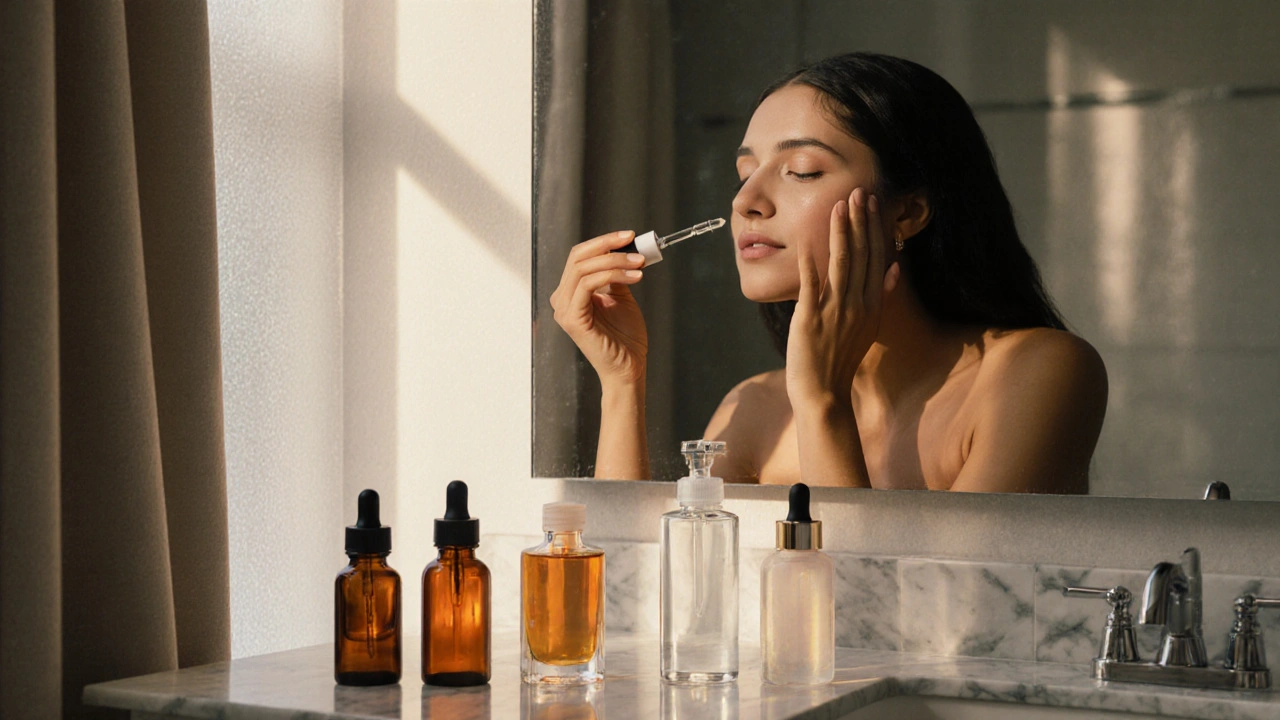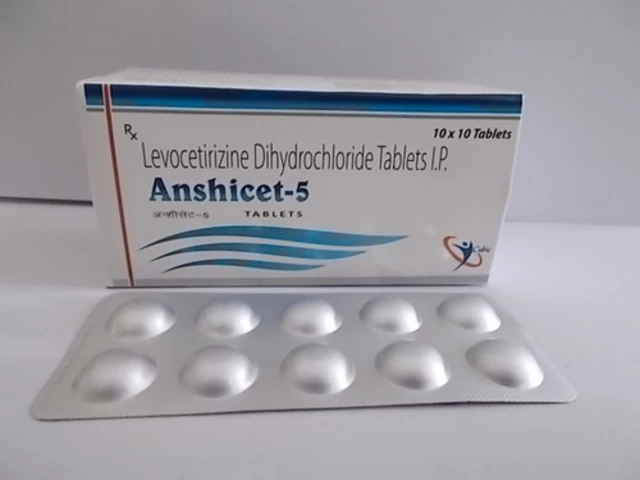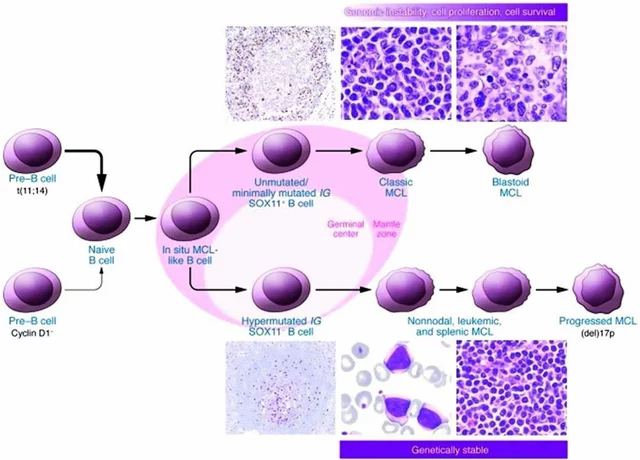Retinoid Alternatives: Find Safer Skincare Choices
When talking about retinoid alternatives, non‑prescription options that aim to give similar skin‑brightening results without the typical irritation. Also known as retinoid substitutes, they are especially useful for people who can’t tolerate strong retinoids. Retinoids themselves are vitamin A‑derived compounds that speed up cell turnover, but they can cause redness, peeling, and photosensitivity. Because of those side‑effects, many turn to milder agents that still target fine lines, acne, and uneven tone.
Common Players in the Alternative Space
Bakuchiol, a plant‑derived molecule often called “natural retinol” mimics the collagen‑boosting effects of retinol without triggering the same irritation. Studies show bakuchiol improves skin elasticity and reduces hyperpigmentation, making it a go‑to for sensitive skin. Azelaic acid, a dicarboxylic acid with antibacterial and anti‑inflammatory properties tackles acne and rosacea while also fading dark spots. It works by normalizing keratin production and inhibiting melanin synthesis, which explains why dermatologists often prescribe it as a gentler brightening tool. Another favorite is Niacinamide, vitamin B3 that strengthens the skin barrier and reduces redness. It doesn’t speed up turnover like retinoids, but it improves texture and tone, and it plays well with other active ingredients.
These alternatives encompass both botanical extracts and synthetic acids, meaning you can mix and match based on your skin’s tolerance. The key is to understand the attribute each brings: bakuchiol offers anti‑aging without dryness, azelaic acid targets inflammation and pigmentation, and niacinamide reinforces barrier function. When you combine them, you often achieve comparable results to a prescription retinoid, but with fewer flares. For instance, a routine that layers a bakuchiol serum in the morning and an azelaic acid cream at night can cover the full spectrum of anti‑aging and acne control.
Choosing the right alternative also depends on your skin goals and lifestyle. If you spend a lot of time outdoors, a non‑photosensitizing option like niacinamide reduces the risk of sunburn. If you’re battling hormonal acne, azelaic acid’s antibacterial edge can be a game‑changer. And for those who love natural products, bakuchiol fits a clean‑beauty routine while still delivering firming benefits. Most of these ingredients are available in over‑the‑counter creams, serums, and even spot treatments, so you don’t need a doctor’s script to start.
Below you’ll find a curated list of articles that dig deeper into each of these options, compare them side‑by‑side with traditional retinoids, and give practical tips on how to incorporate them into your daily regimen. Whether you’re looking for a gentle starter or a potent swap, the resources ahead will help you pick the best retinoid alternative for your skin type.

Retin‑A 0.025% (Tretinoin) vs Other Topical Treatments: A Detailed Comparison
A side‑by‑side look at Retin‑A 0.025% (tretinoin) versus adapalene, tazarotene, azelaic acid, vitaminC and bakuchiol, with pros, cons, costs and FAQs.
MedicationsLatest Posts
Tags
- online pharmacy
- medication safety
- generic drugs
- medication
- dietary supplement
- side effects
- online pharmacy UK
- drug interactions
- mental health
- impact
- online pharmacies
- statin side effects
- dosage
- generic vs brand
- pediatric antibiotics
- antibiotic side effects
- skin health
- health
- pain relief
- dietary supplements




